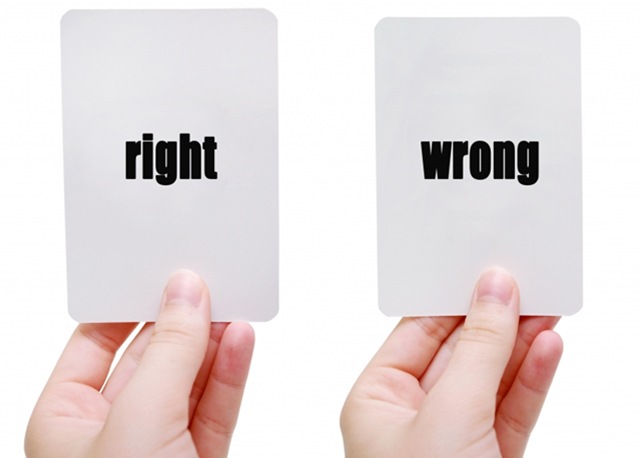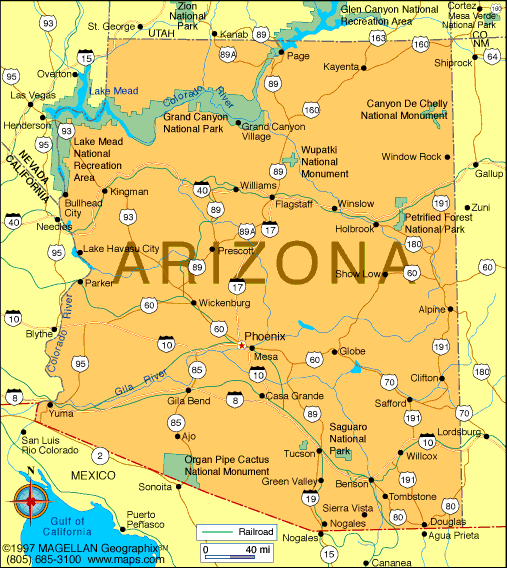Last week, I attended a D.C. United game, where they beat Kansas City 2-1. That's not the point of this blog, though. Neither is the $4 little bottle of water or $4 mini-thing they called a hot dog. But again, I digress...
D.C. United is a team name -- one that represents, well, a united Washington, D.C. (go figure). Where I take issue isn't in the optimistic team name but, rather, our national anthem,
The Star-Spangled Banner, that played over the loudspeaker in the stadium...an anthem that continuously acknowledges that this land belongs to the
free and serves as the home of the brave. So, tell me, how, in this case, does one define the concept of
freedom? When someone buys land, from whom do they buy it? When Columbus and his people "discovered" America, they kicked out the
Native Americans and claimed the land as their own. If I take a little trip down to 1600 Pennsylvania Avenue and try to kick out Mr. President himself, I won't be starting a new country but, rather, extending my trip a little bit down in the Big House! It's like stealing a bicycle and selling it as from the original owners. Truth of the matter is, everyone here lives on borrowed land, so to discriminate based on a falsely-defined notion of
freedom would simply be elitist. Is anything or anyone, in fact,
free? Also, such behavior would show the U.S. to be a country that does not practice what it preaches. Take a look at the unabridged lyrics of the national anthem and then let me know what you think. If you need another topic upon which to expound, here you go: anthem = an + them. Discuss.
-----
O! say can you see by the dawn's early light,
What so proudly we hailed at the twilight's last gleaming,
Whose broad stripes and bright stars through the perilous fight,
O'er the ramparts we watched, were so gallantly streaming?
And the rockets' red glare, the bombs bursting in air,
Gave proof through the night that our flag was still there;
O! say does that star-spangled banner yet wave
O'er the land of the
free and the home of the brave?
On the shore, dimly seen through the mists of the deep,
Where the foe's haughty host in dread silence reposes,
What is that which the breeze, o'er the towering steep,
As it fitfully blows, half conceals, half discloses?
Now it catches the gleam of the morning's first beam,
In full glory reflected now shines in the stream:
'Tis the star-spangled banner, O! long may it wave
O'er the land of the
free and the home of the brave.
And where is that band who so vauntingly swore
That the havoc of war and the battle's confusion,
A home and a country should leave us no more!
Their blood has washed out their foul footsteps' pollution.
No refuge could save the hireling and slave
From the terror of flight, or the gloom of the grave:
And the star-spangled banner in triumph doth wave
O'er the land of the
free and the home of the brave.
O! thus be it ever, when
freemen shall stand
Between their loved home and the war's desolation!
Blest with victory and peace, may the heav'n rescued land
Praise the Power that hath made and preserved us a nation.
Then conquer we must, when our cause it is just,
And this be our motto: "In God is our trust."
And the star-spangled banner in triumph shall wave
O'er the land of the
free and the home of the brave!



